Asian-born Kenyan Billionaire Naushad Merali has finally disposed of his stake in loss-making Spire Bank, formerly Equatorial Commercial Bank (ECB), to the giant Mwalimu National SACCO. This makes the deposit-taking Savings and Credit Co-operative Society (SACCO) the first in Kenya to own a commercial bank fully.
Spire Bank says the share sale is a tactical move to bring on board a strategic investor. The lender’s acting CEO, Mr Brian Kilonzo, says the transaction was concluded at the end of November 2020. Spire Bank is in dire need of capital injection to meet statutory regulations and recover from its loss-making position.
Mwalimu SACCO bought out Naushad Merali’s 25% stake in the third tier lender. The deal to sell off Spire Bank began more than six years ago when the Competition Authority gave Mwalimu National the nod to acquire a 50% of ECB. The next transaction of acquiring shares in ECB and Equatorial Investment Bank (EIB) was sealed upon signing agreements on 10th October 2014, and payment of the agreed consideration was made on 31st December 2014.
Mwalimu National then became the majority shareholder in ECB, having acquired a 75% stake in the bank at the cost of Ksh2.6 billion. ECB then moved its head office to Mwalimu Towers, the SACCO’s nerve centre located in Nairobi’s Upper Hill area.
The deal was that Mwalimu National Holdings Limited first acquires 51% of Equatorial Commercial Holding (ECH) in the first phase and another 24% stake in the next phase. ECB was to offload a 51% stake at the cost of Ksh1,663,321,806 and a further 24% at Ksh782,739,673.00.
After receiving a clean bill of health from Parliament and the Commissioner for Co-operatives, Mwalimu went ahead with its ECB acquisition. Interestingly, a Government probe into the Mwalimu National-ECB transaction has been kept under wraps to this moment.
“We are soon going to demand this probe report to be made public so that we can interrogate its findings,” said Daniel Marube, CEO Co-operatives Alliance of Kenya (CAK).
At the time of its acquisition, ECB was already in the red with a pre-tax loss of Ksh326.4 Million in the year ending December, 31st 2014, weighed down by bad loans made ahead of the controversial buyout by Mwalimu SACCO.
See Also >> Top 11 Kenyans Banks Ranked By Their Net Worth
The bank had made a provision of Ksh880.8 million to cover the bad debt incurred during the 2014 financial year. Audit firm Ernest and Young, in a probe commissioned by Mwalimu SACCO ahead of the acquisition, raised red flags on the deal.
Before its acquisition, ECB was posting losses – in 2009, 2010, and 2012. In 2013, it made a net profit of Ksh55.7 million.
Robert Shibutse, who had been headhunted from ECB to Mwalimu Sacco as CEO, insisted that ECB was a viable investment. While losses made at ECB did not seem to deter Mwalimu, the Bank’s move to offload some of its prime assets ahead of the acquisition also raised eyebrows.
Offloading prime assets
The society planned to set up Mwalimu Bank, a subsidiary fully owned by the society, to enable Mwalimu SACCO to raise deposits on current accounts.
Establishing a bank meant offering the society an opportunity to provide a wider range of services to the public, thereby generating more business, hence more profit.
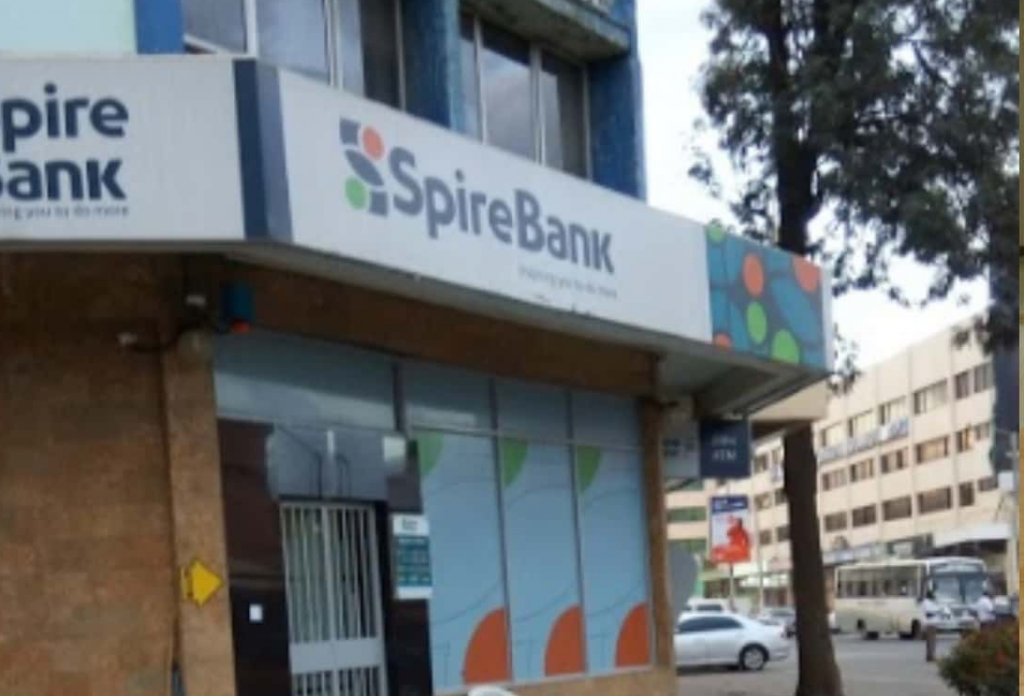
When selling off Spire Bank, it had accumulated losses of Ksh8.1 billion with negative shareholder funds of Ksh1.32 billion during 9 months period ended September 2020.
Read >> What happens to wealthy man who ‘bribed’ the President?
Speculation is rife that Mwalimu National Sacco is keen to exit the banking space and is looking to sell off the banking license to a foreign investor.
Now known as Spire Bank, the lender has a network of branches located in Westlands, Chester House, Waiyaki Way, Mombasa Road, Sameer Industrial Park, Industrial Area, Avon Center, Card Center Branch, Moi Avenue Mombasa, Nyali, Kisumu, Kakamega, and Eldoret.
Established as a Finance Company in 1983, the Equatorial Commercial Bank Limited (ECB) commenced operations as a fully-fledged commercial bank in 1995.
Spire Bank is bleeding with a negative net interest income of Ksh41.8 Million
In June 2010, Equatorial Commercial Bank merged with Southern Credit Banking Corporation, creating a new enlarged bank under the Equatorial Commercial Bank brand.
In 2016 ECB rebranded to Spire Bank.
Recent unaudited results show that Spire Bank made a net loss of Ksh556 million for the first six months of 2020 compared to a net profit of Ksh81.48 million in the same period last year.
With a balance sheet size worth Ksh52 billion at the close financial year ended 31st December 2019, Mwalimu National had a surplus of Ksh629.8 million with loans to members reaching Ksh33.6 billion. The SACCO had Ksh36.9 billion in members’ deposits at the close of 2019.
Non-performing loans
Members of Mwalimu National were paid a dividend at the rate of 11.20 % and interest on deposits at 10.20%, approved by the Annual Delegates Meeting on 22nd February 2020.
On the other hand, Spire Bank is bleeding with a negative net interest income of Ksh41.8 Million, down from Ksh89.1 million in Q3, 2019. The negative interest income follows a 90% default rate, as gross non-performing loans hit Ksh2.69 billion out of a total loan book of Ksh2.96 billion.
Spire Bank’s 90% default rate at the end of June is almost seven times higher than the industry’s rate of 13.1%.

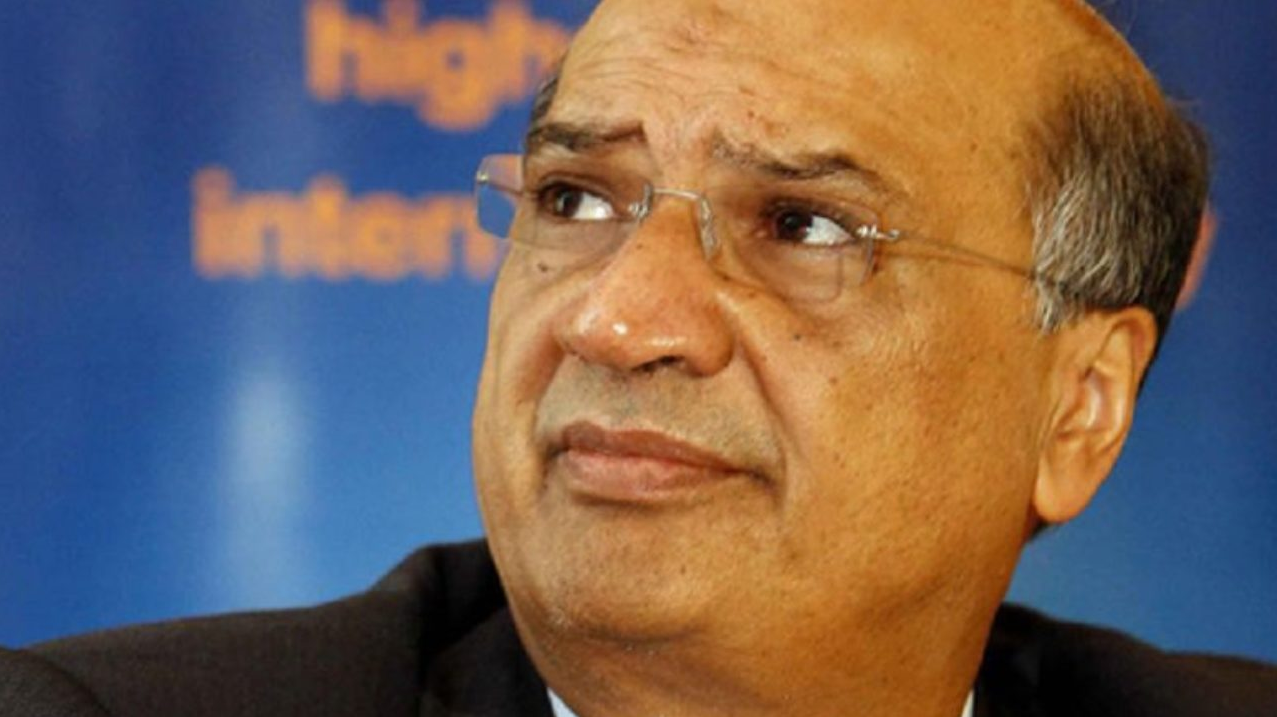




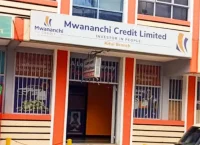



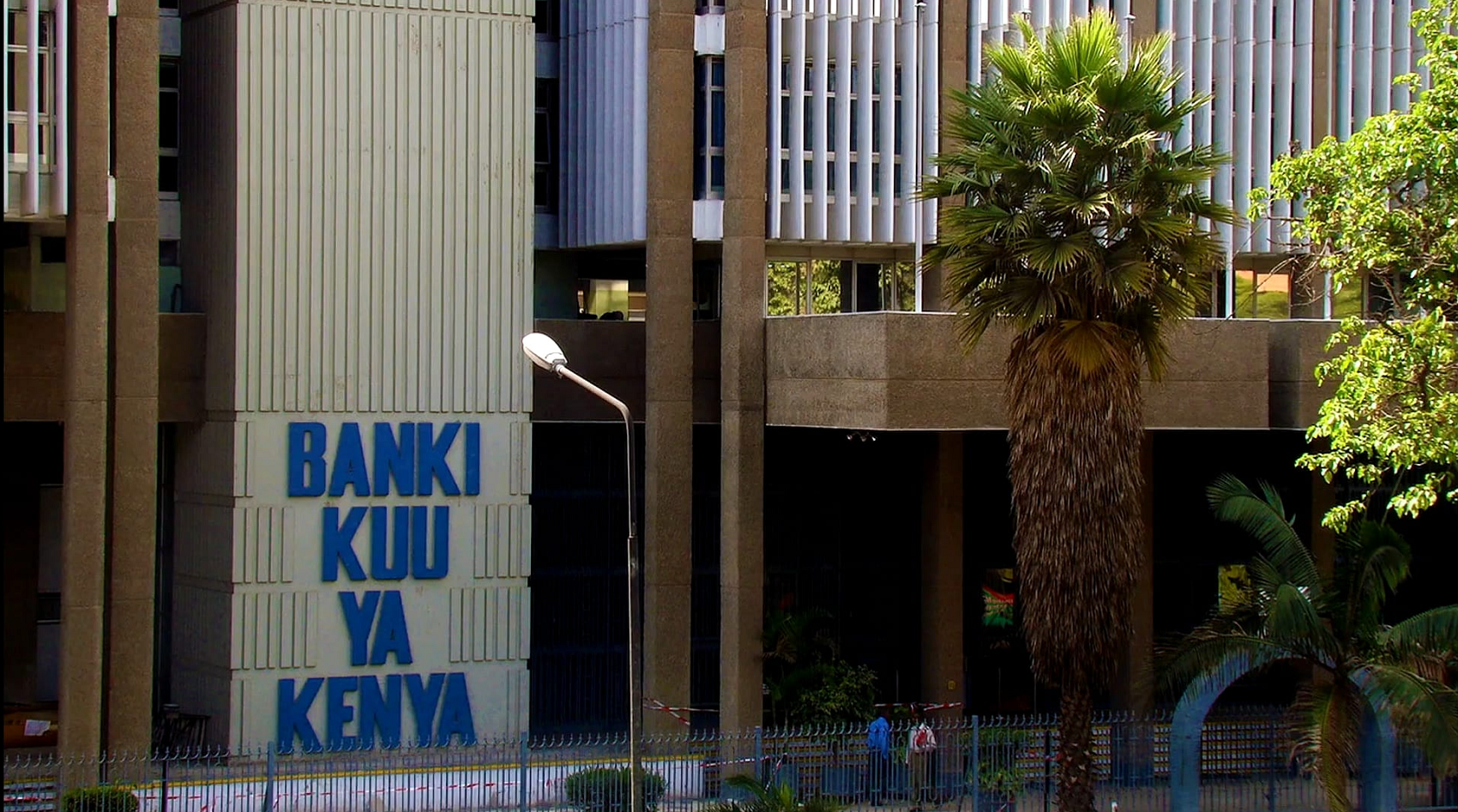
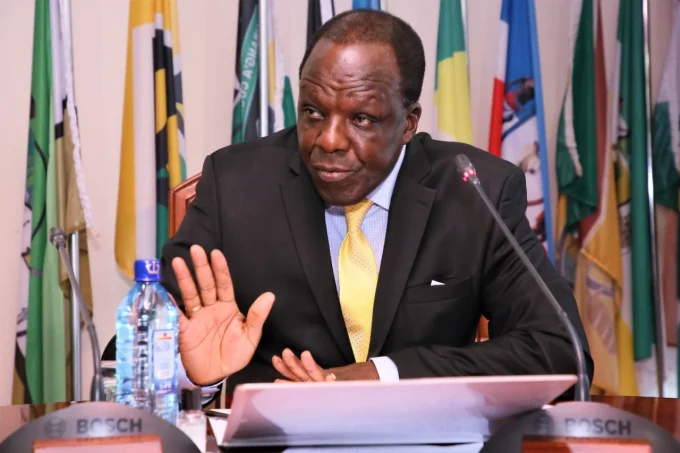
Leave a comment